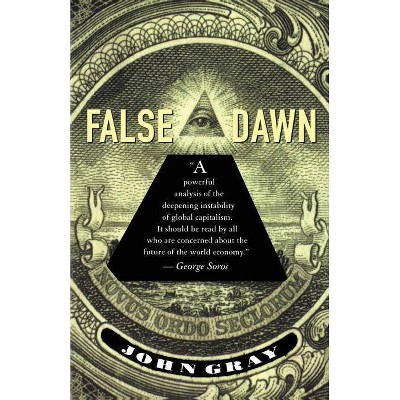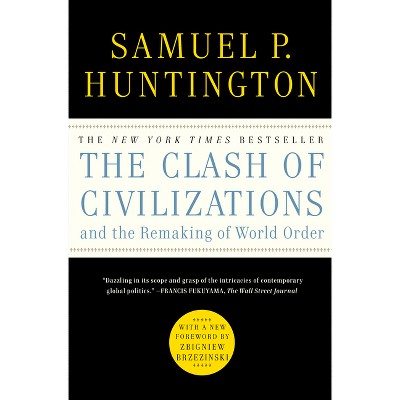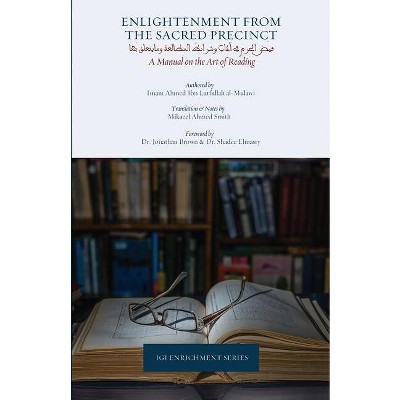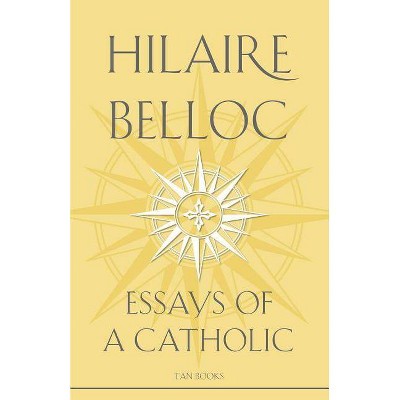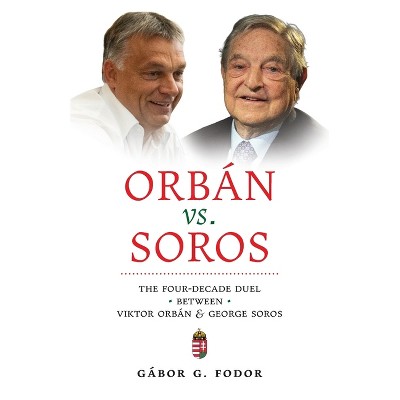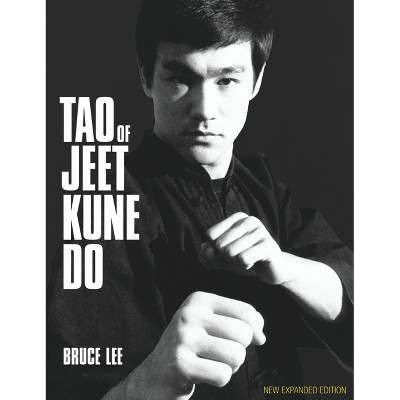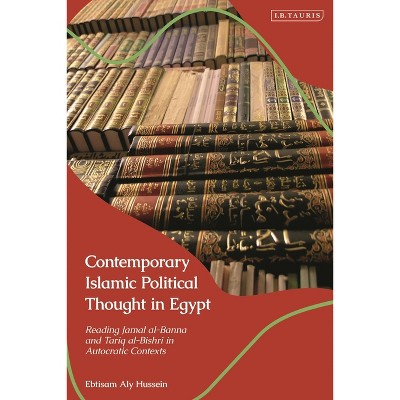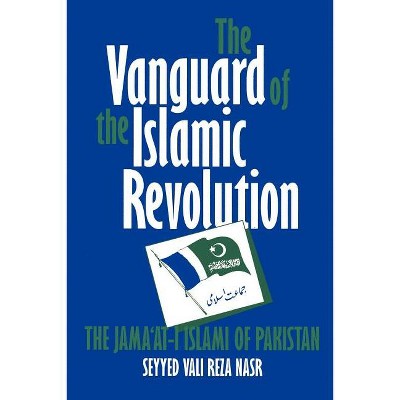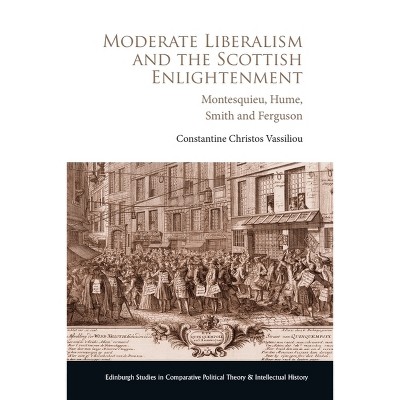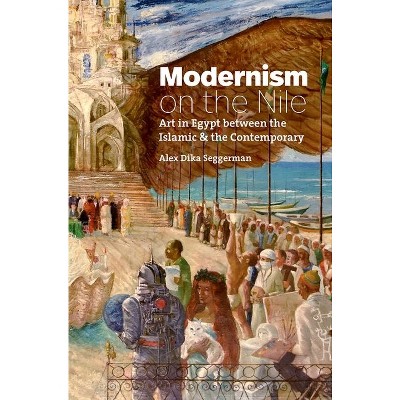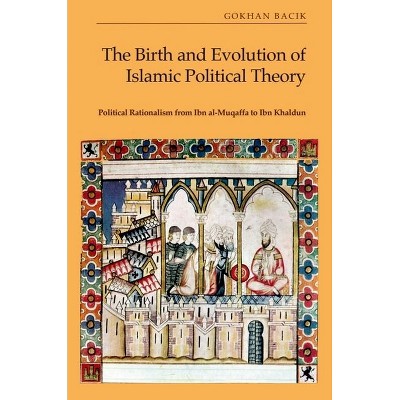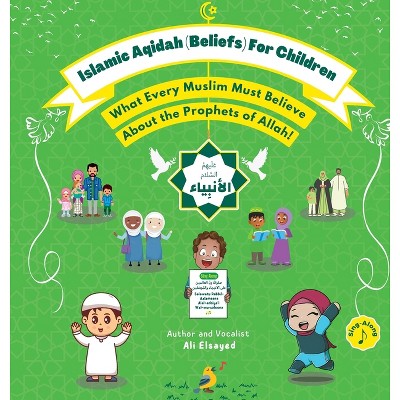Islamic Doctrines and Political Liberalism - (Modern Muslim World) by Gozde Hussain (Hardcover)

About this item
Highlights
- This book delves into the compatibility of Islam with liberal values, engaging in a comparative analysis of Islamic moral language and John Rawls's liberal democratic ideas.
- About the Author: Gozde Hussain is a visiting lecturer at Royal Holloway, University of London as well as being affiliated with the Centre for Islamic and West Asian Studies.
- 253 Pages
- Political Science, World
- Series Name: Modern Muslim World
Description
Book Synopsis
This book delves into the compatibility of Islam with liberal values, engaging in a comparative analysis of Islamic moral language and John Rawls's liberal democratic ideas. Rawls, a prominent modern liberal political philosopher, posits that diverse moral and religious doctrines in a pluralistic society should align with the principles of a liberal democratic political culture. The author shares Rawls's assumptions and maps out a spectrum of Islamic orthodoxy positions to assess the plausibility of reconciling Islamic doctrines with a liberal political order. While acknowledging that such compatibility is not the mainstream outlook, the book argues that it's feasible through reasonable interpretations of Islamic sources.
The central question addressed is the realism of observant Muslims endorsing a liberal democratic state from within their doctrinal tradition. By examining a range of Islamic orthodoxy positions, the book demonstrates that Muslims can theoretically find Islamic reasons, rooted in acceptable interpretations of divine sources, to justify their commitment to a liberal state. Furthermore, it provides moral reasons and strategies for the liberal state to address incompatible Islamic doctrines, ensuring Muslims can maintain religious practices without an Islamic political authority. This theoretical framework offers insights for future empirical and theoretical studies on Muslims navigating pluralistic liberal societies, making it a vital contribution to the discourse on Islam and liberalism.
From the Back Cover
"In this timely and illuminating book, Gozde Hussain explores whether observant Muslims can join the 'overlapping consensus' on liberal ideals and principles theorised by John Rawls, or whether any Islamic endorsement of liberal institutions will inevitably be more contingent and contextual than Rawls hoped. To do so, Hussain helpfully maps out a range of positions within Islamic political thought and their level of orthodoxy, ultimately arguing that devout Muslims can find theologically acceptable justifications for a liberal political order. In this way, the book significantly advances our understanding of the relationship between Islam and liberalism."
-- Paul Billingham, Associate Professor of Political Theory, University of Oxford, UK
"Most Muslims in Muslim-majority and Muslim-minority countries across the globe desire democracy, but to what extent is this just a pragmatic position? Gozde Hussain, informed by an understanding of liberalism and of Islamic scholarly positions in ethics and politics inquires to what extent can faithful Muslims and liberal theorists be in intellectual agreement. Her answers are nuanced and worth studying."
--Tariq Modood, FBA, University of Bristol, UK
In this book, the central question addressed is the realism of observant Muslims endorsing a liberal democratic state from within their doctrinal tradition. By examining a range of Islamic orthodoxy positions, the book demonstrates that Muslims can theoretically find Islamic reasons, rooted in acceptable interpretations of divine sources, to justify their commitment to a liberal state. Furthermore, it provides moral reasons and strategies for the liberal state to address incompatible Islamic doctrines, ensuring Muslims can maintain religious practices without an Islamic political authority. This theoretical framework offers insights for future empirical and theoretical studies on Muslims navigating pluralistic liberal societies, making it a vital contribution to the discourse on Islam and liberalism.
Gozde Hussain earned a PhD at Royal Holloway, University of London, UK, where they are currently a visiting lecturer and affiliated with the Centre for Islamic and West Asian Studies.
About the Author
Gozde Hussain is a visiting lecturer at Royal Holloway, University of London as well as being affiliated with the Centre for Islamic and West Asian Studies. Earning their PhD at Royal Holloway, University of London, they focus on the Islamic intellectual tradition and its compatibility with liberal democratic ideas, particularly articulated in John Rawls's theoretical framework. This unique expertise enriches political theory discussions and offers invaluable insights into fostering religious tolerance and pluralism in contemporary societies.
